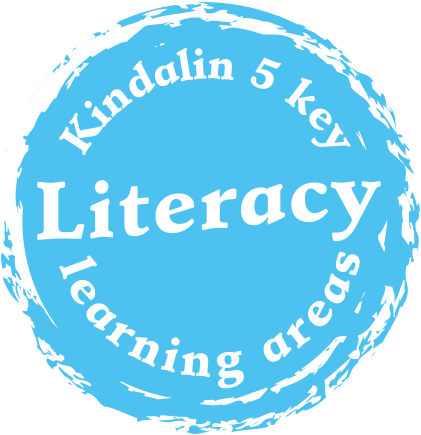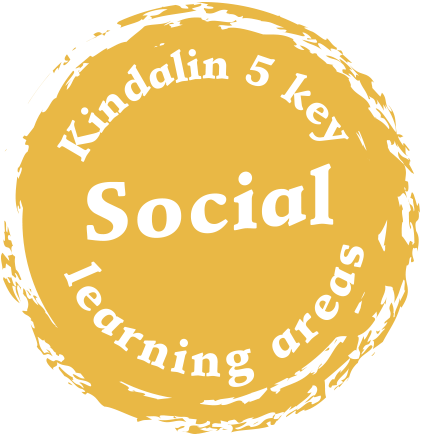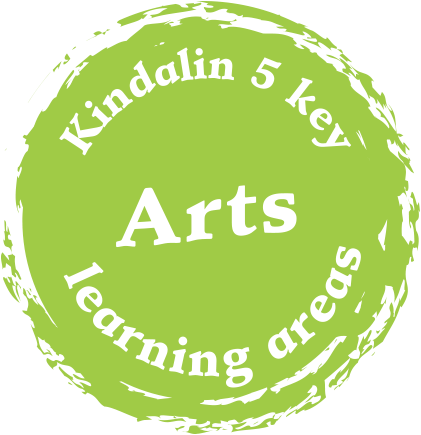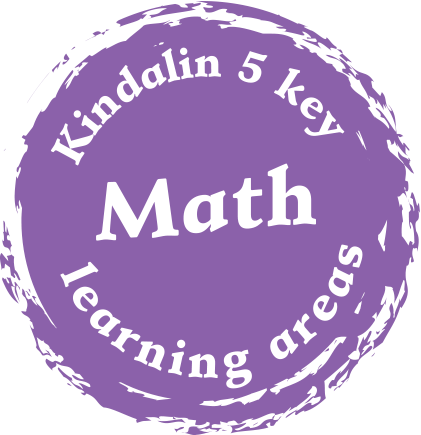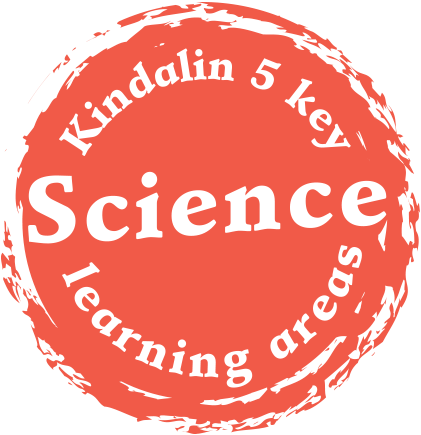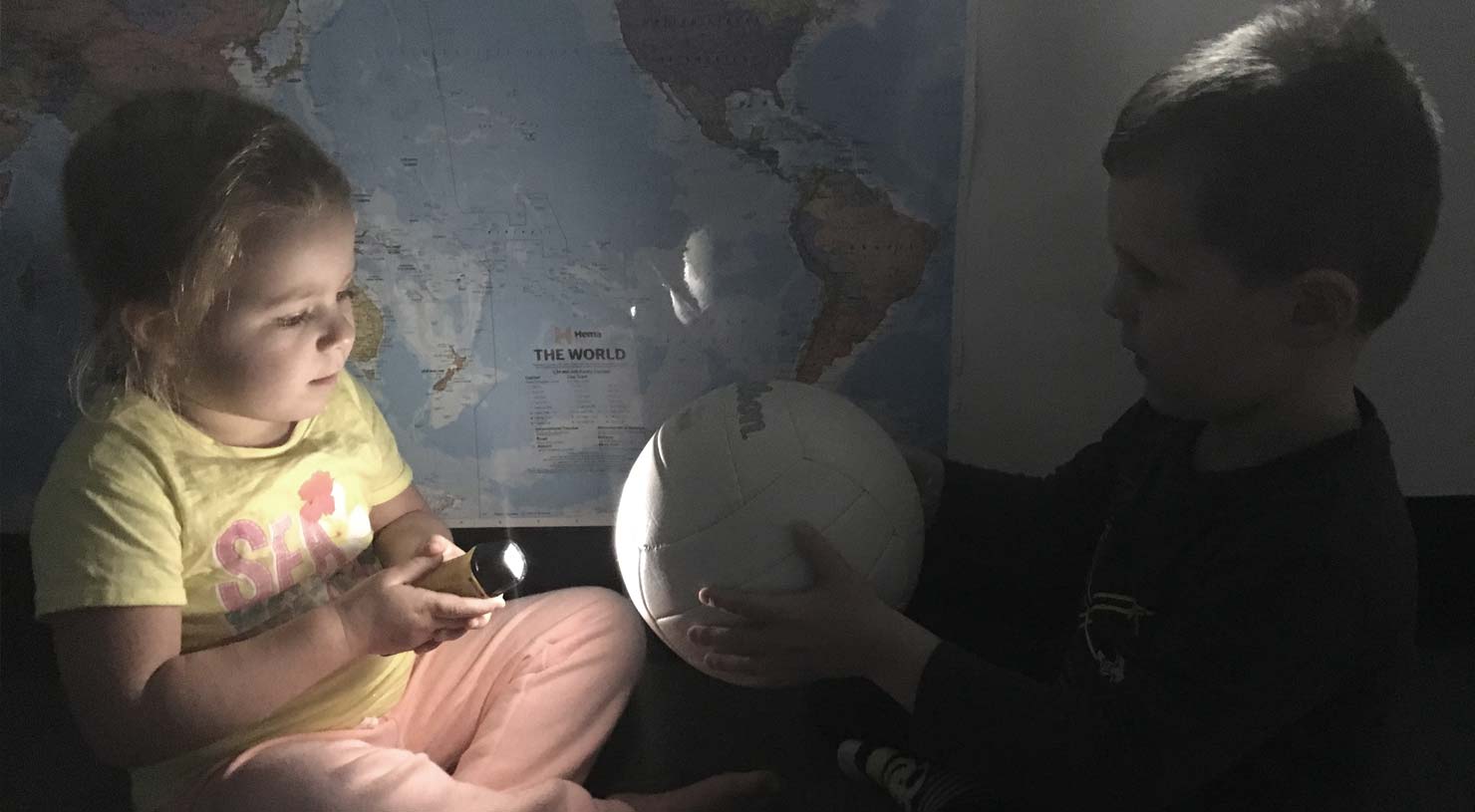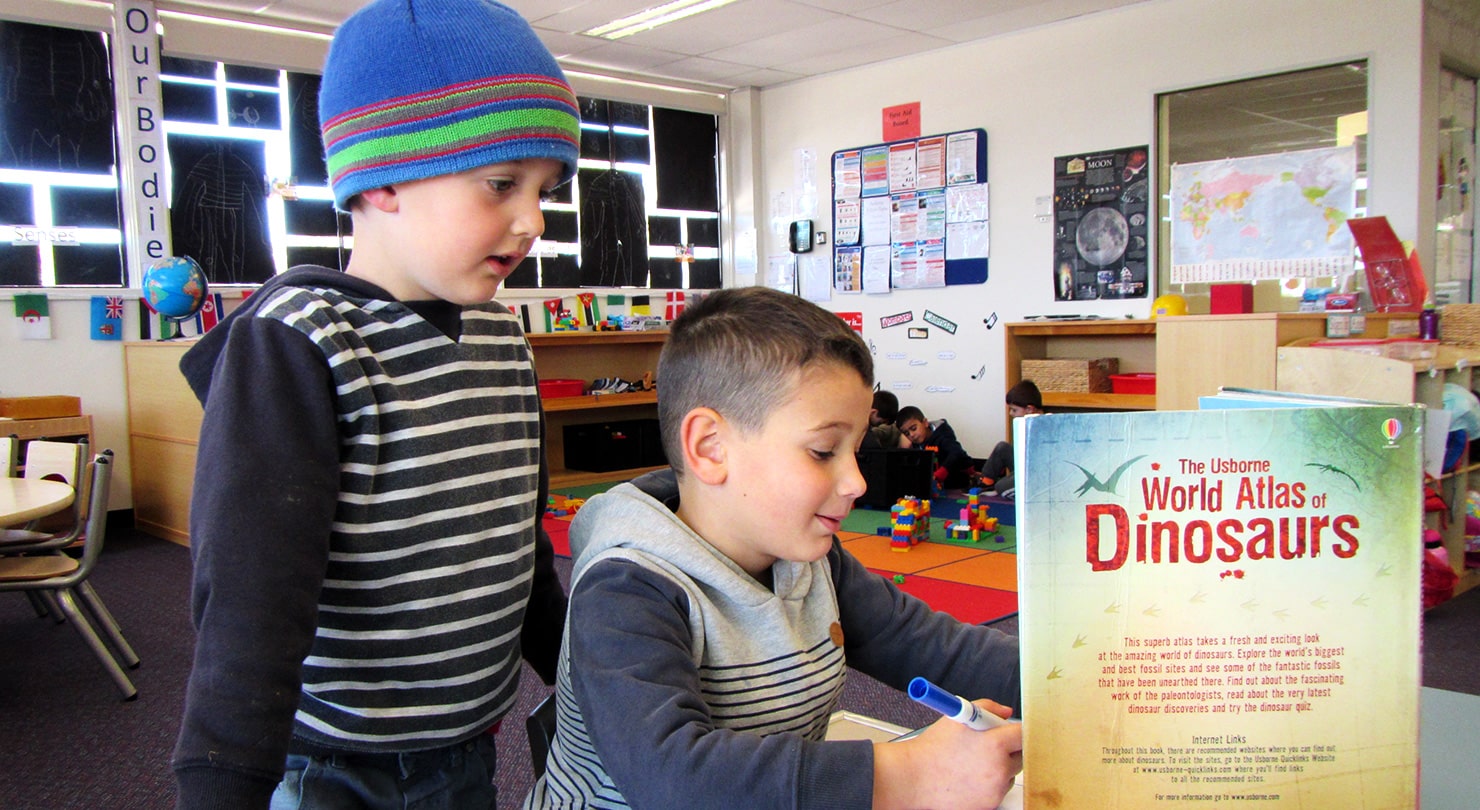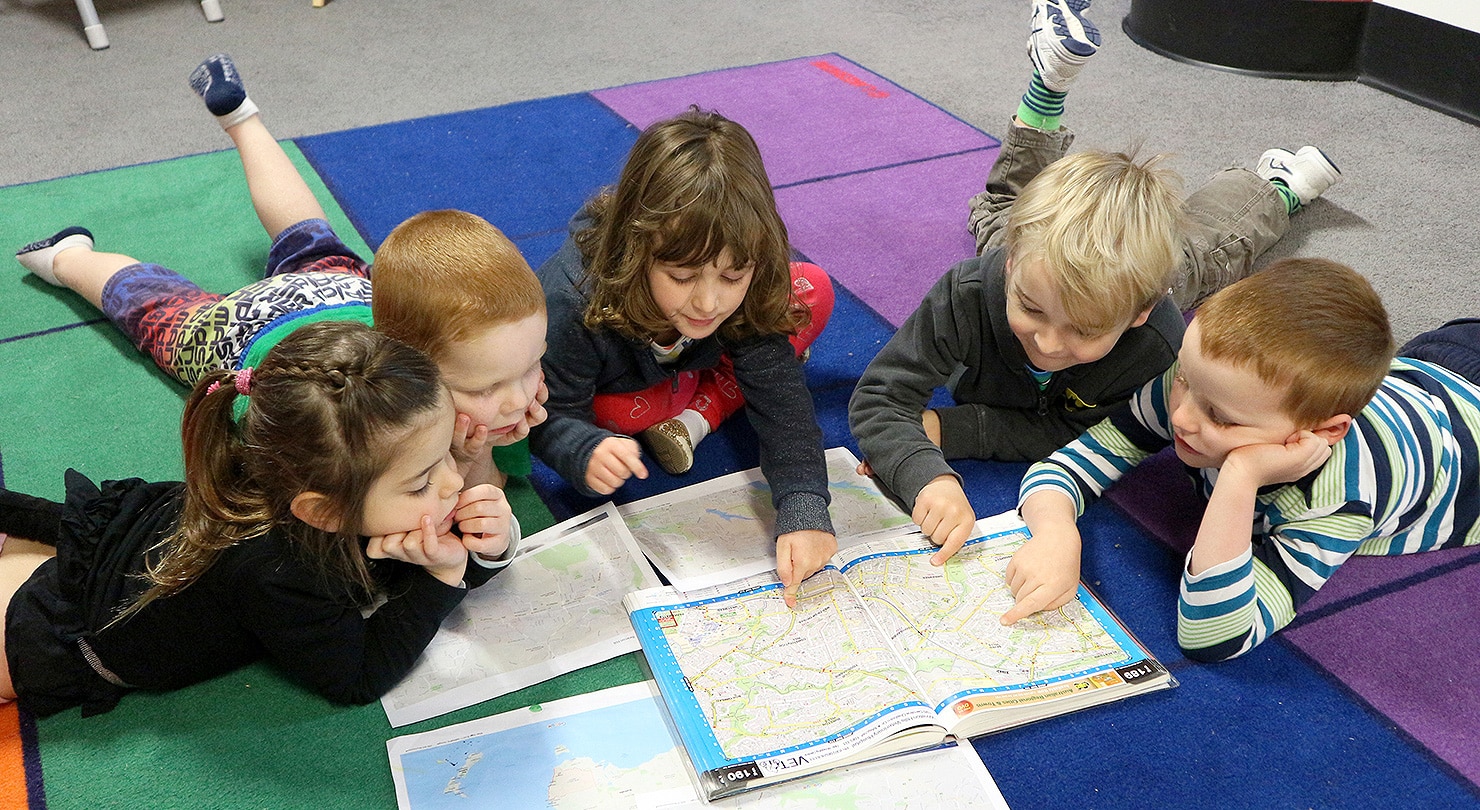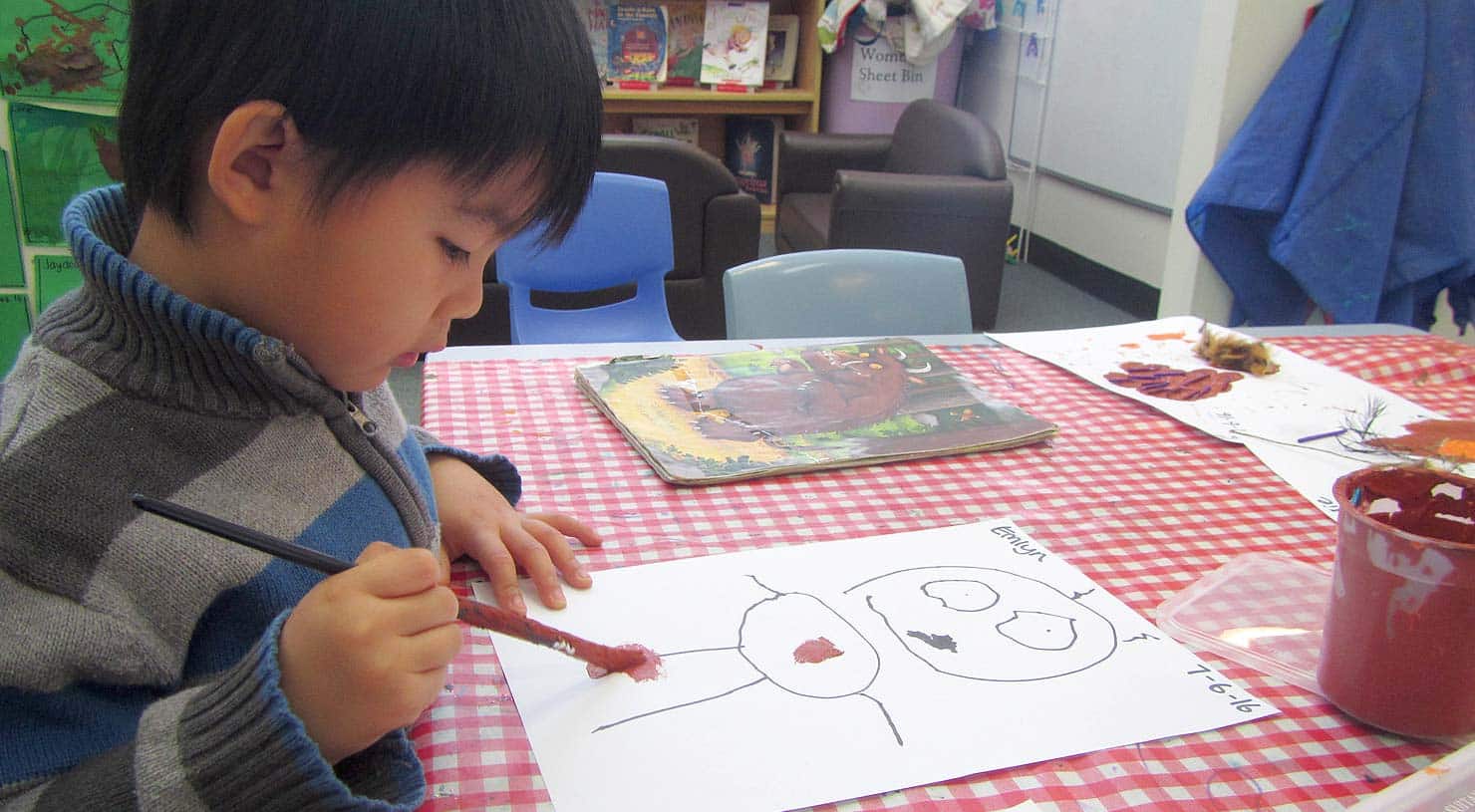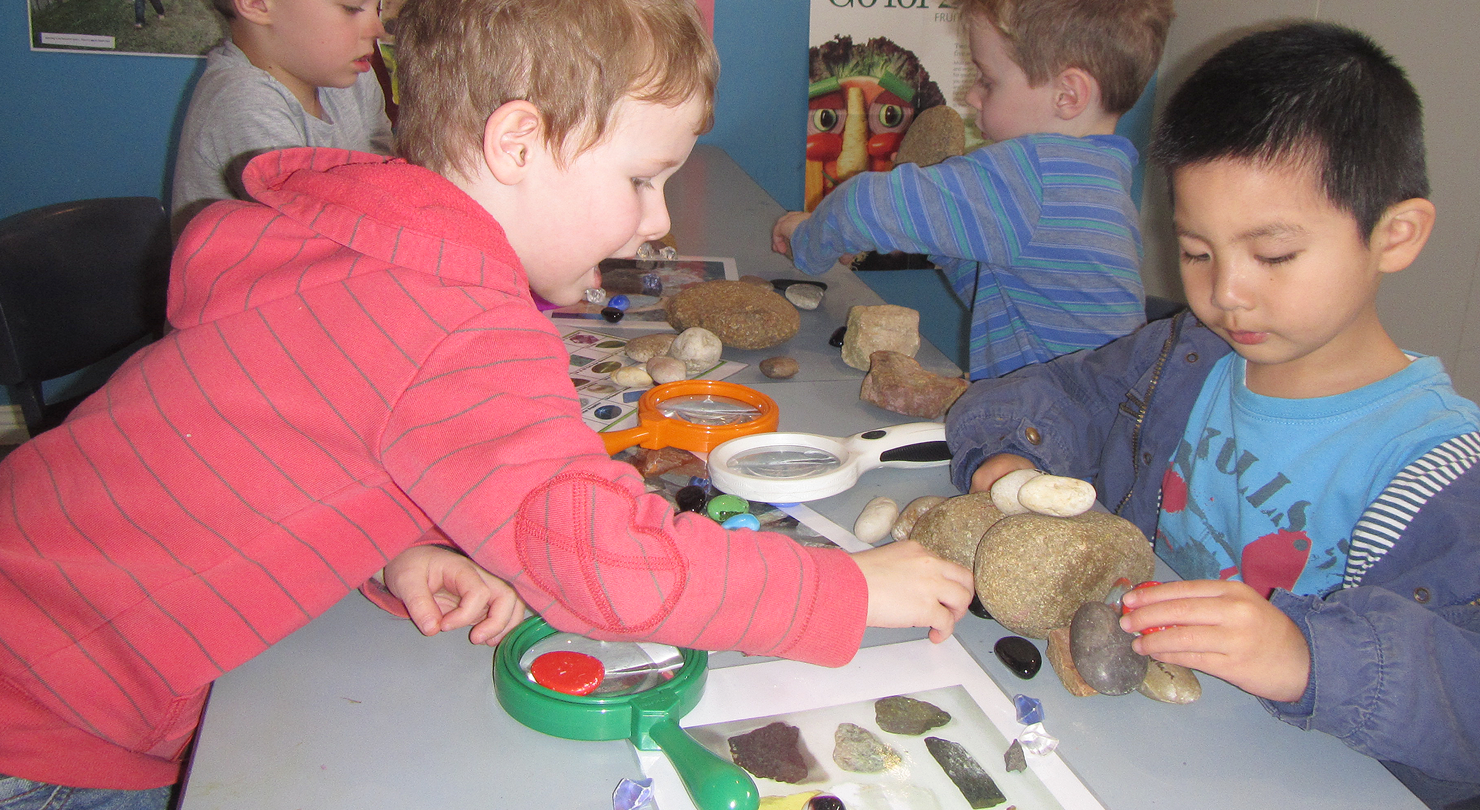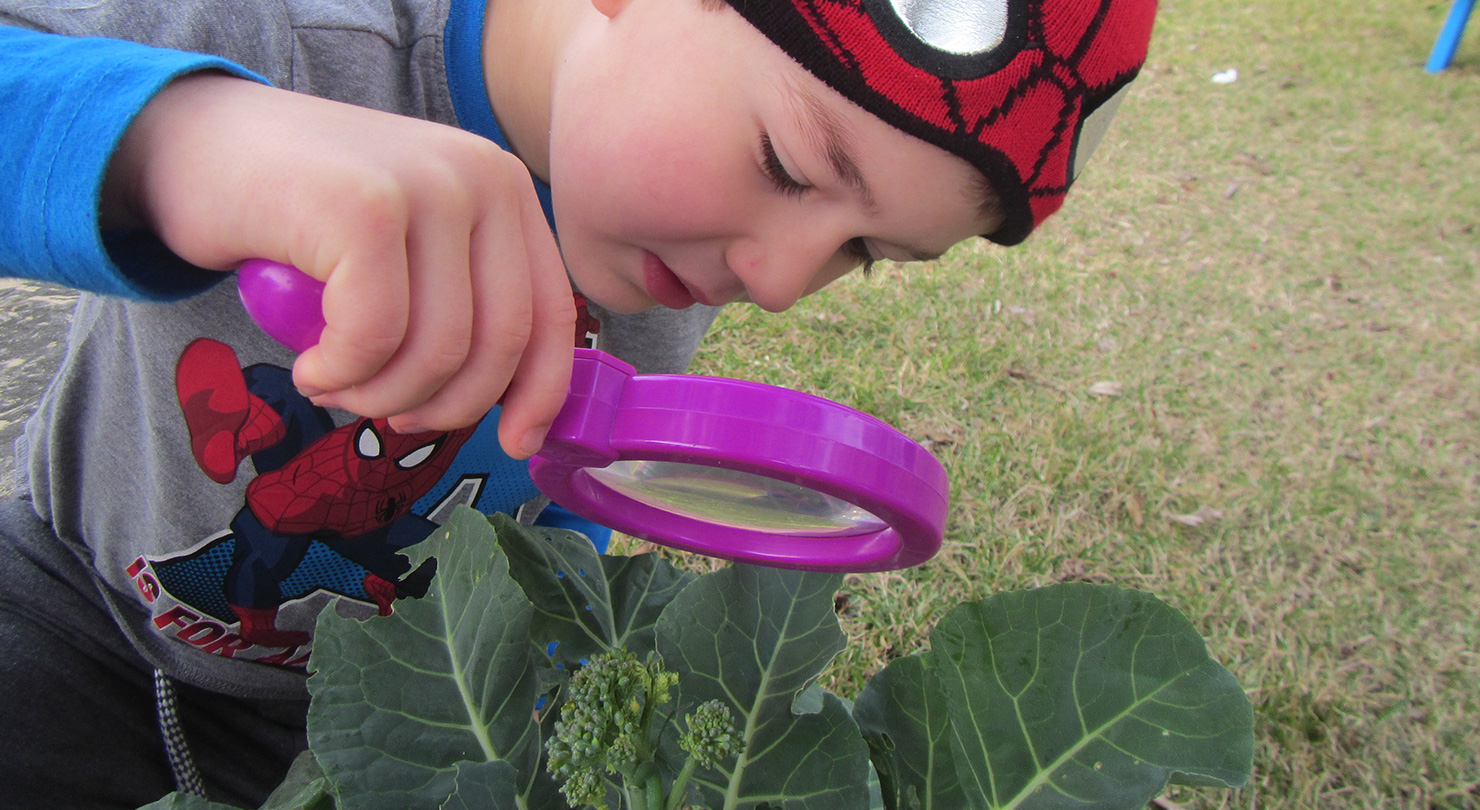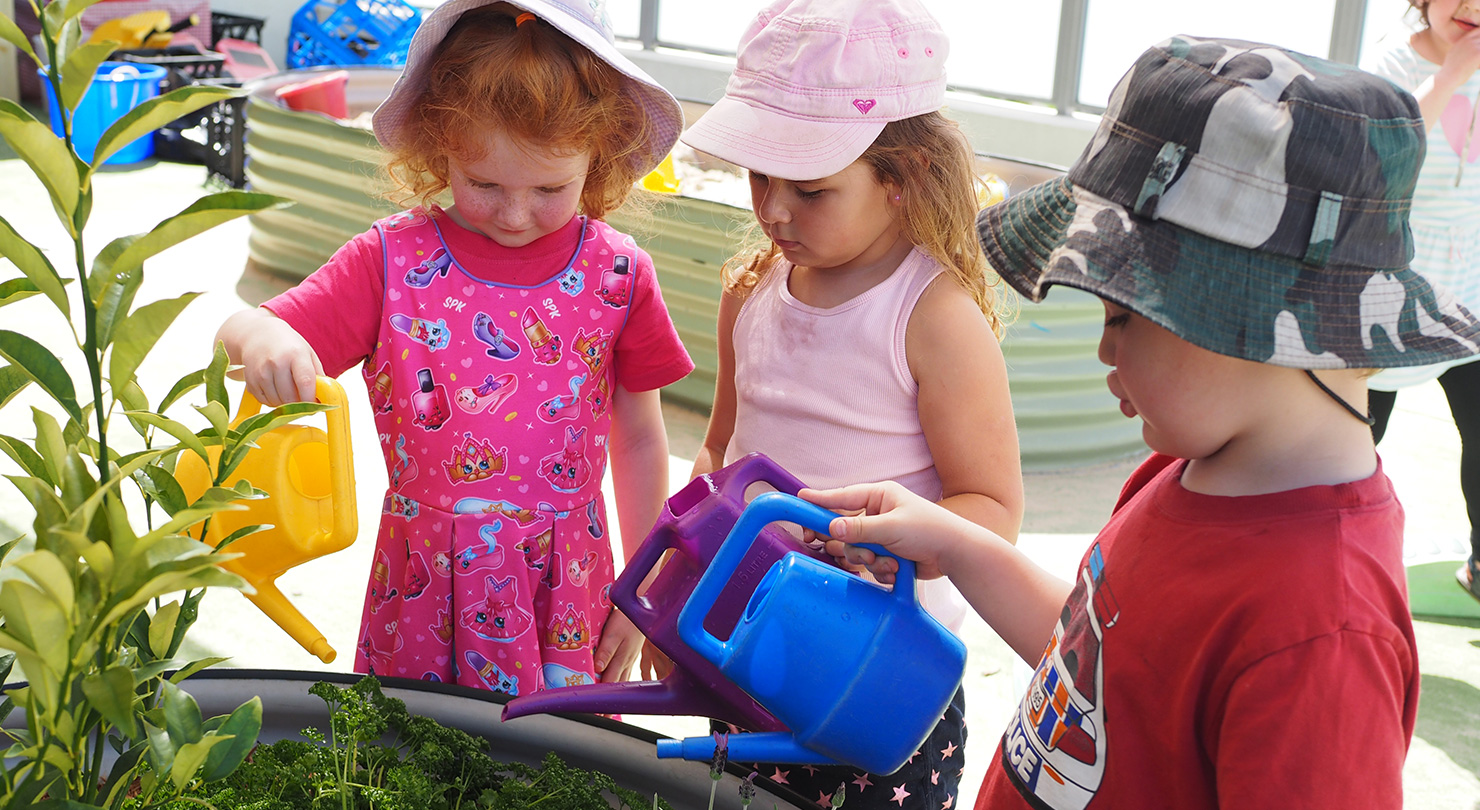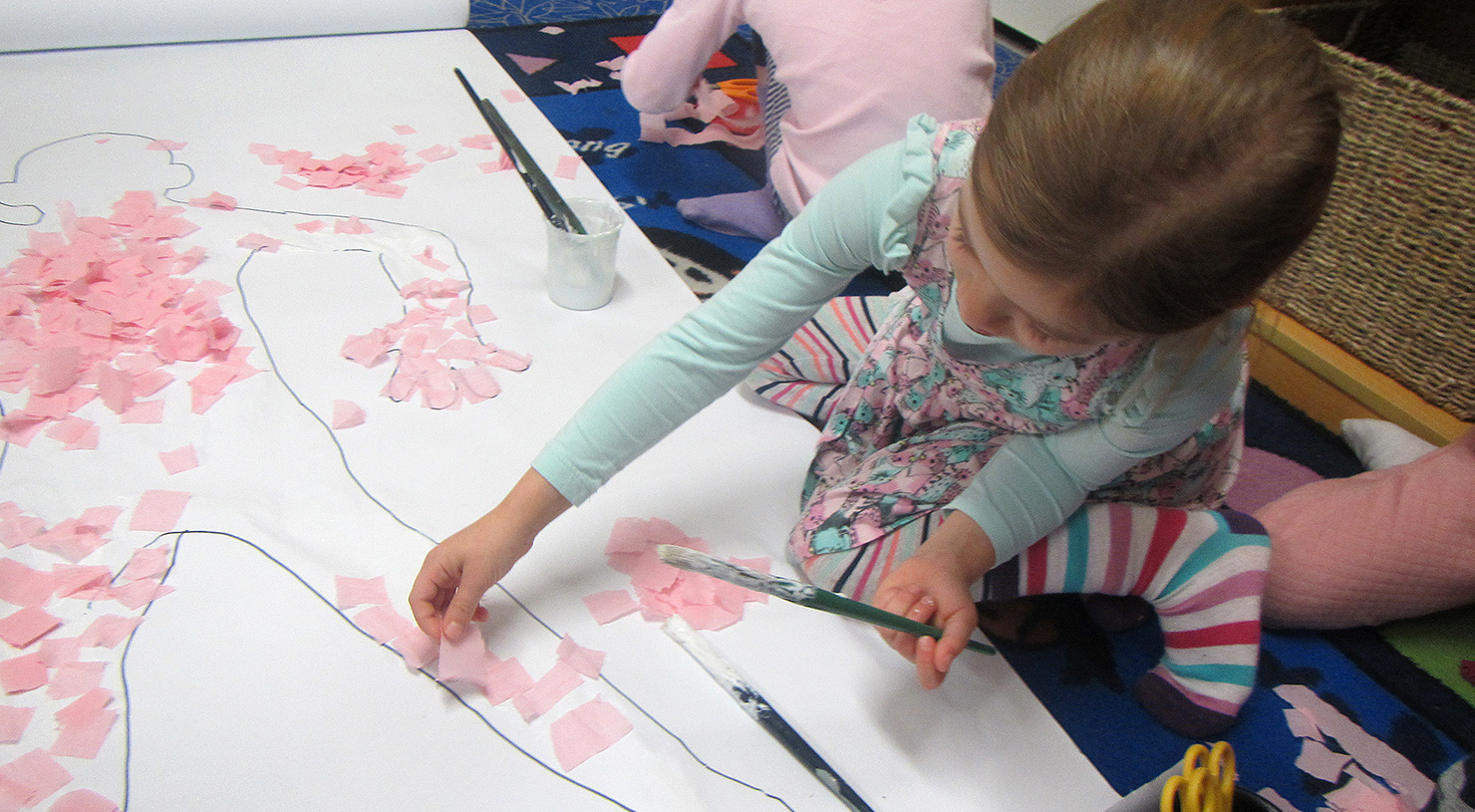The Five Key Learning Areas: We take a holistic approach to early education. Every step of the learning journey is important, and we strive to help children grow and learn through play and exploration; and by interacting with their peers and the adults around them. We provide an open learning environment that encourages active, investigative learning for preschool children across our five key learning areas: arts, literacy, maths, science and social studies
Children develop their expressive and receptive language skills, through their daily interactions with adults and other children. This includes practicing turn taking in conversations, joining in puppet play, participating in group time, learning songs and finger plays and listening to stories. The children gain an understanding of the different elements of stories such as: listening to stories, retelling stories through drama, making up their own stories. An understanding of literacy practices emerges via talking, listening and expressing themselves creatively.
The children develop healthy living skills such as washing their hands before meals and wiping their nose with a tissue. They discover their environments (home and Kindalin), learning to understand and follow rules about safety and care for the environment. Children are encouraged to play well with other children, including the ability to solve simple disagreements, resolve problems, join in group games and discussions and confidently take their turn.
The children have opportunities to express themselves and develop their fine motor skills over time via using different size and style implements for finger painting, easel painting; collage and play dough modelling.
The children are given opportunities to explore and discover musical concepts by listening to, dancing to music, and exploring the rhythm patterns of a variety of musical instruments. They develop a variety of movement skills such as: throwing, catching, walking, tiptoeing, galloping, bending, stretching, and twisting.
Mathematical concepts are explored throughout the day in the children's play explorations and in their interactions with Kindalin Educators. Children develop and practice problem solving skills by investigating the consequences of their actions in their play.
Children are supported in their investigations to become familiar with mathematical language, building their vocabulary, for example "bigger than", "smaller", "largest", "smallest". Children's number skills are expanded through experiences including rote counting, numeral recognition and counting using one to one correspondence.
The children develop a sense of enquiry by gathering information from a variety of sources such as books, posters and items from home. They have hands on opportunities to explore and experiment with a variety of materials, such as sand, water and goop and are encouraged to use reflective thinking by questioning why things happen; and what we learn from these experiences.
